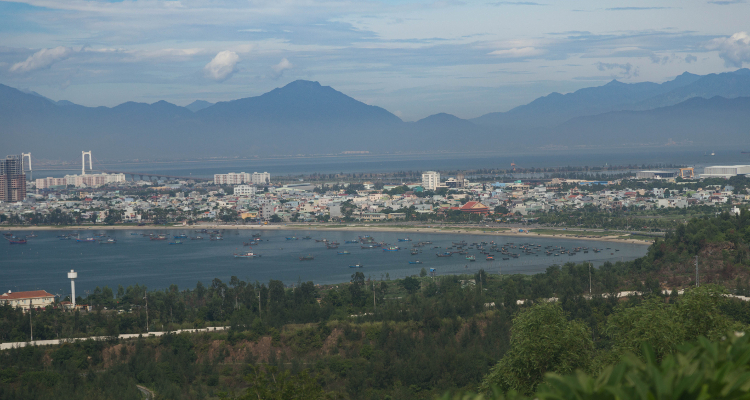The government for Vietnam is soon expected to publish long-awaited draft legislation containing provisions for those wanting open an integrated casino resort in the country although prospective operators could be put off by a tax rate that may reportedly run to as high as 40%.
According to a report from Asia Gaming Brief citing Augustine Ha Ton Vinh, President and Chief Executive Officer for Stellar Management Corporation, the draft gaming decree is in its final stages and could receive the consent of Prime Minister Nguyen Xuan Phuc by the end of the year or early in 2017. As well as containing a provision that would see locals allowed to gamble at two designated sites over a three-year trial period, the proposed legislation could well establish an effective tax rate of between 39% and 40%.
“The government was looking at something similar to Macau and at this time it’s almost impossible to lower the tax,” said Vihn.
Speaking at this week’s Macao Gaming Show, Vinh, whose company has reportedly been closely involved with the development of the legislation, nevertheless explained that the use of promotional and marketing allowances could see the VIP tax rate lowered to around 13.5% while reductions on the mass-market tariff are additionally set to be made available.
Vihn explained that Vietnam’s government is hoping the legislation will help it to attract more foreign investment for its tourism industry although officials are additionally keen to recoup some of the estimated $800 million that is flowing out of the nation each year to be gambled at casinos in neighboring Cambodia.
He declared that the legislation is moreover likely to set the minimum investment for any company wanting to construct an integrated casino resort at $2 billion, which is half of the $4 billion stipulated in earlier drafts, while successful applicants are to receive a 20-year license after paying the first 50% of their disbursement. Aspiring candidates will also need to have had a minimum of five years of experience while licensees may be permitted to extend their license by a further ten years.
Ben Lee, Managing Director of iGamingX Consulting, told Asia Gaming Brief that allowing locals to gamble would change the mathematical equation for foreign investors and make Vietnam a highly attractive market.
“Vietnam is a fantastic opportunity as it has the one thing that Macau has [but] that very few [other] countries have, not Japan, not [South] Korea, not the Philippines, it has a common border with China,” said Lee. “The mass-market can literally walk across the border and they do.”
Lee estimated that total annual gross gaming revenues in Vietnam not including pari-mutuels now total between $300 million to $400 million but that the addition of two proposed resorts, one at Van Don in Quang Ninh Province along with a second in Hoi An near Da Nang, could add a further $1 billion to this amount.


